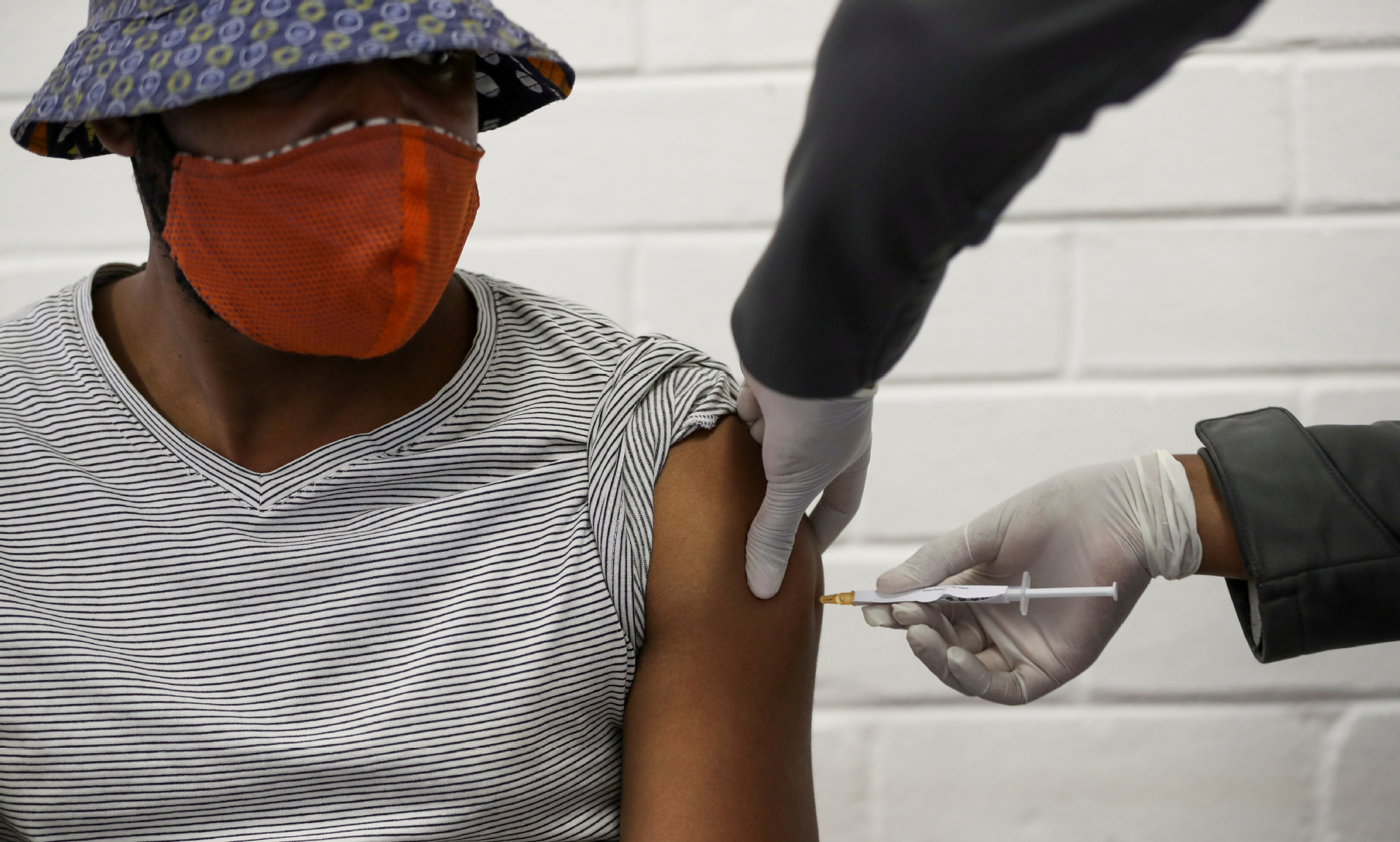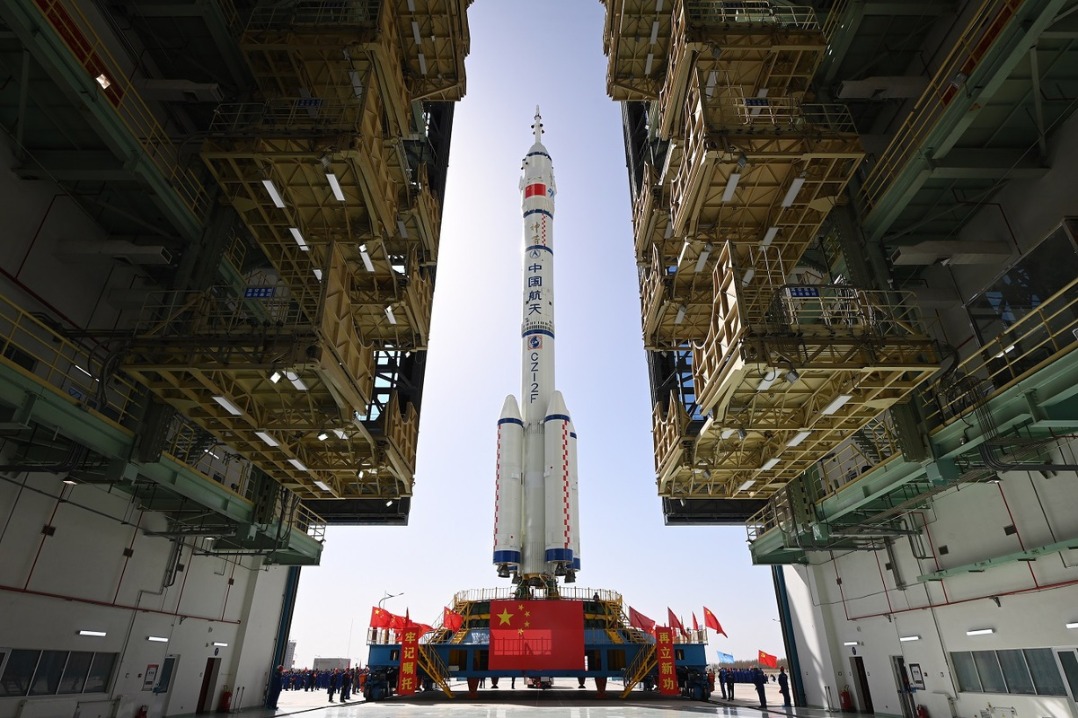Africa experiencing slight increase in COVID-19 cases
By Edith Mutethya in Nairobi, Kenya | chinadaily.com.cn | Updated: 2020-11-29 21:00

Over the past month, Africa has experienced a slight increase in the number of coronavirus cases, even as national and continental efforts continue to control a devastating second wave of the virus amid the wait for a vaccine.
From Oct 26 to Nov 22, the continent recorded a 7.5 percent average increase in new cases weekly.
Central Africa is leading regionally for new cases over the past month, having recorded a 49 percent increase, followed by the eastern and northern regions with an 8 percent increase each and the eastern region with an 11 percent increase.
Among the most populous countries in the continent, Democratic Republic of Congo recorded the highest number of new cases over the past month, with a 44 percent increase.
It was followed by Nigeria with a 26 percent increase, Egypt with a 20 percent increase, Kenya with an 11 percent increase, South Africa with a 10 percent increase and Ethiopia with a 7 percent increase.
From Nov 16 to 22, 94,082 new cases and 2,275 new deaths were reported in Africa, representing a 1.2 percent increase in cases and a 9 percent increase in deaths.
During the week, Morocco recorded the highest number of new cases, followed by South Africa, Algeria and Kenya.
In his weekly briefing on Thursday, John Nkengasong, the director of Africa CDC, said Africa is already experiencing its second wave of the virus and urged countries across the continent to continue observing key health measures like wearing masks, observing social distancing and frequent washing of hands.
He said reports from across the continent indicated people had relented in wearing masks even as the virus continues to spread.
"My fear and worry is the sacrifices we have made since the beginning of the year in controlling the spread of the virus may be completely wiped out if we relent at this point," he said.
Nkengasong said along with other delegates from Africa CDC they are currently carrying out visits to African countries to assess their coronavirus response measures, as well as find existing gaps. They have already visited Cameroon and Kenya, and will be heading to DR Congo.
He said Africa CDC is working with the World Bank to coordinate efforts toward vaccine purchase and delivery.
"Our goal is to achieve 60 percent vaccination of our population. We are concerned once the vaccination starts in the developed world, there will be stringent requirements to have a vaccine certificate in order to travel. We are looking for all necessary partnerships to get us to the 60 percent target," he said.
A new World Health Organization analysis of 47 countries in its African region found the continent has an average score of 33 percent readiness for a coronavirus vaccine roll-out, well below the desired benchmark of 80 percent.
The analysis found only 49 percent have identified the priority populations for vaccination and have plans in place to reach them, and 44 percent have coordination structures ready.
Additionally, only 24 percent have adequate plans for resources and funding, 17 percent have data collection and monitoring tools and just 12 percent have plans to communicate with communities to build trust and drive demand for immunization.
"The largest immunization drive in Africa’s history is right around the corner, and African governments must urgently ramp up readiness. Planning and preparation will make or break this unprecedented endeavor, and we need active leadership and engagement from the highest levels of government with solid, comprehensive national coordination plans and systems put in place," said Dr Matshidiso Moeti, WHO regional director for Africa, in a news briefing on Thursday.
She said the WHO, together with Gavi, the Vaccine Alliance, Coalition for Epidemic Preparedness Innovation and other partners, is working to ensure equitable access to vaccines in Africa through the COVAX facility, the vaccines pillar of the WHO Access to COVID-19 Tools Accelerator.
Moeti said when vaccines are licensed and approved, COVAX will work to secure enough doses to provide protection to an initial 20 percent of the African population.
WHO estimates the cost of rolling out a coronavirus vaccine on the African continent to priority populations will be around $5.7 billion. This excludes an additional 15 to 20 percent cost for injection materials and the delivery of vaccines, which require trained health workers, supply chain and logistics and community mobilization.























